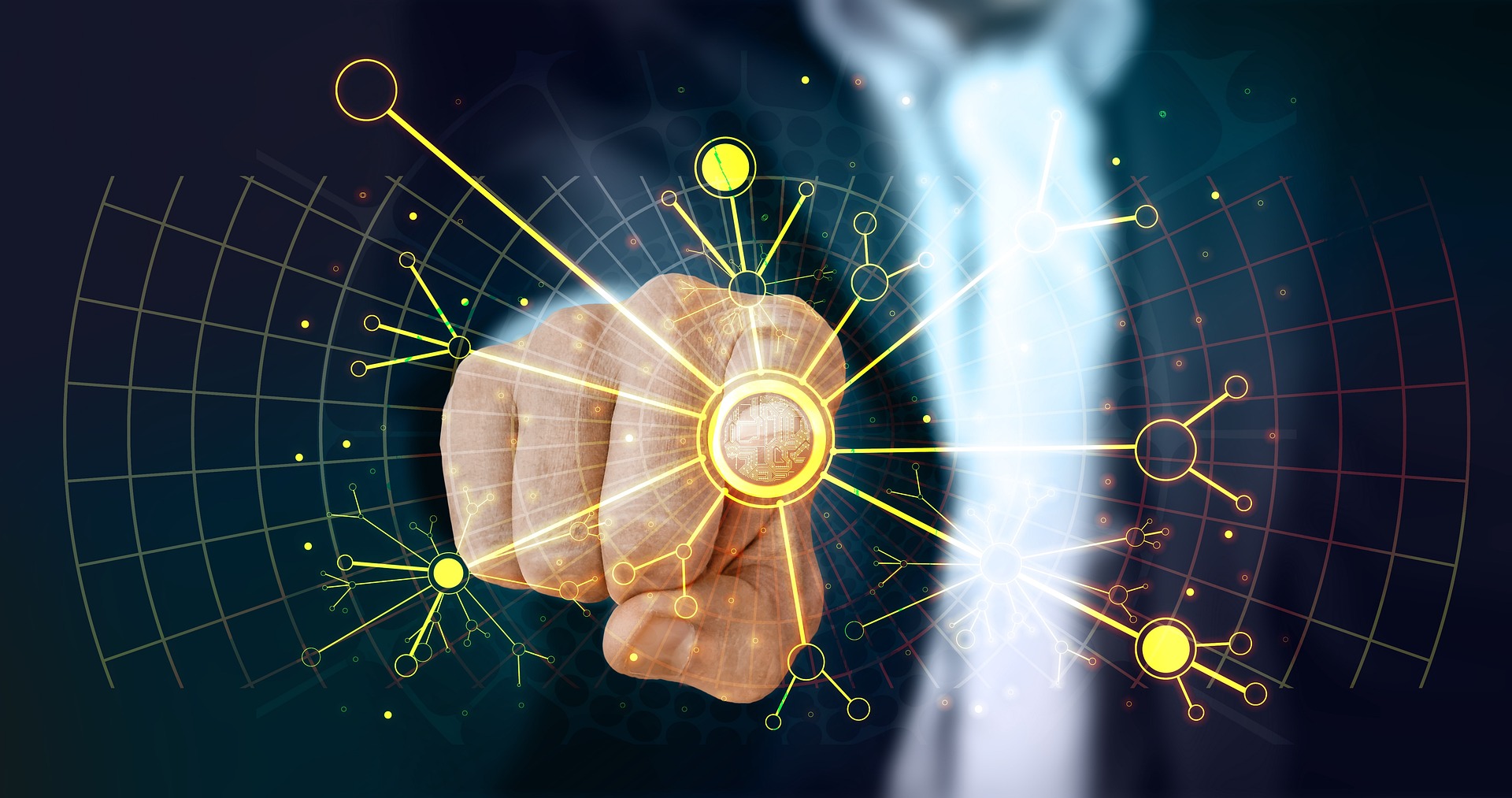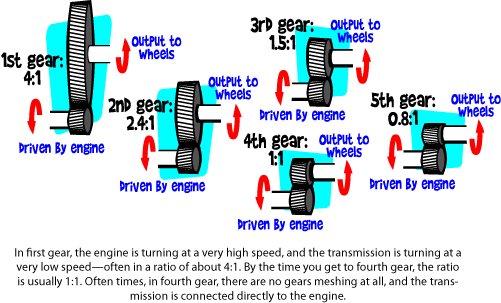Artificial Intelligence (AI) is revolutionizing the way we live, work and interact with technology. It has the potential to greatly improve our lives and solve some of the world’s most pressing problems. However, it also raises important ethical and societal questions that need to be addressed. In this post, we will explore the future of AI and its impact on society.
Advancements in AI Technology:
AI is advancing at an unprecedented pace, and we can expect to see even more developments in the coming years. From self-driving cars and drones to advanced healthcare technologies, AI has the potential to revolutionize many industries.
Ethics and Regulation:
As AI becomes more prevalent, it’s important to ensure that it’s developed and used ethically. Governments and organizations need to develop regulations and guidelines to ensure that AI is used for the benefit of society and not just for profit.
Job Automation:
One of the biggest concerns about AI is the potential for job automation. As machines become more advanced, they may be able to perform tasks that were previously done by humans. It’s important for society to address this issue and find ways to ensure that people are not left behind as AI becomes more widespread.
Augmented Intelligence:
While AI has the potential to automate jobs, it also has the potential to augment human intelligence. For example, doctors could use AI to make more accurate diagnoses, or scientists could use it to analyze vast amounts of data. Augmented intelligence has the potential to greatly enhance human capabilities.
AI is shaping the future of our world, and it’s important that we understand its impact on society. From ethical considerations to job automation, there are many important issues to consider as AI continues to develop. By staying informed and proactive, we can ensure that AI is used for the betterment of humanity.













